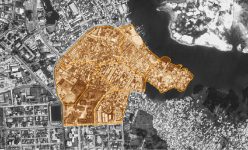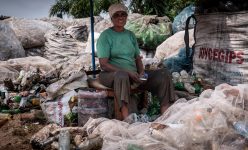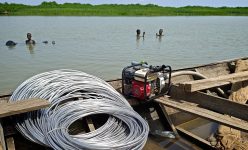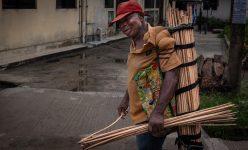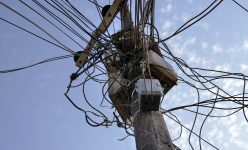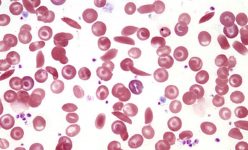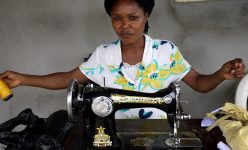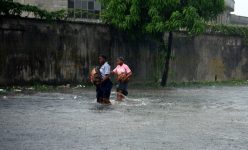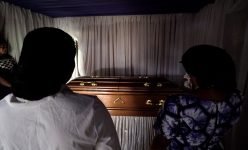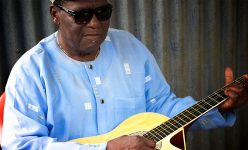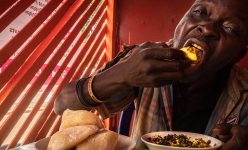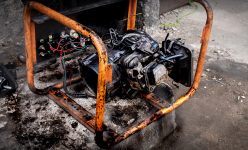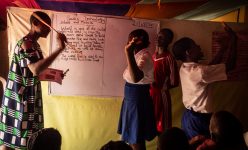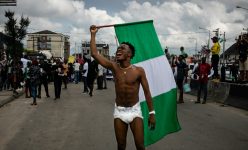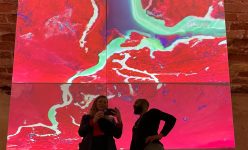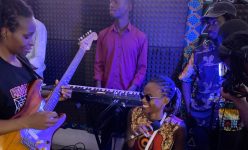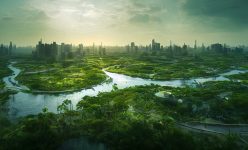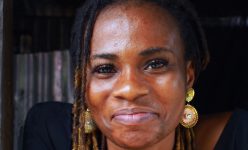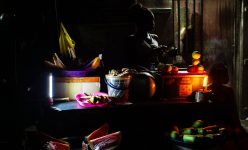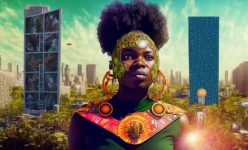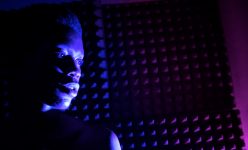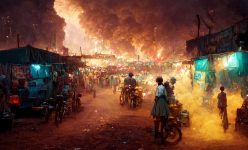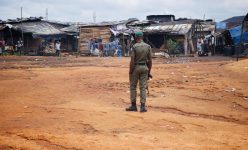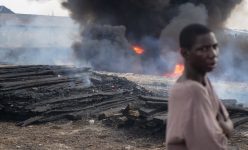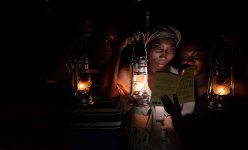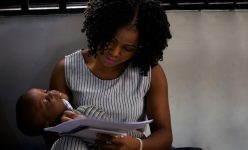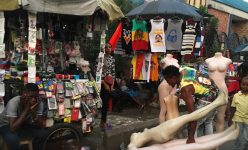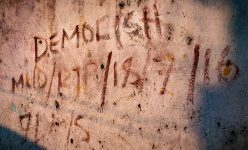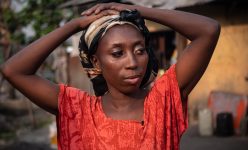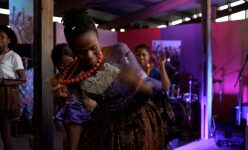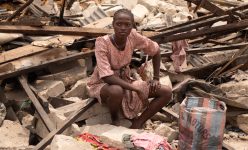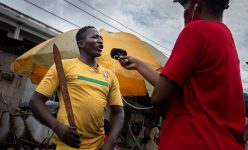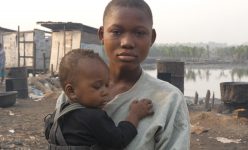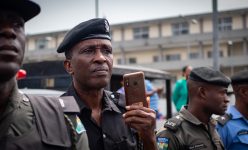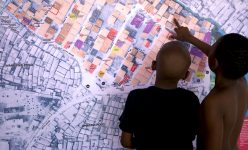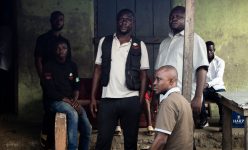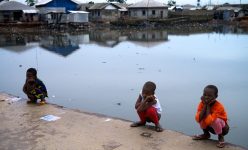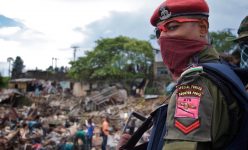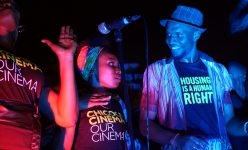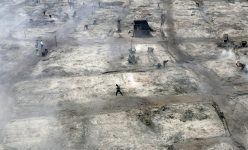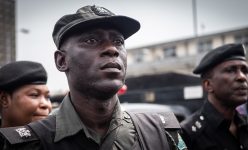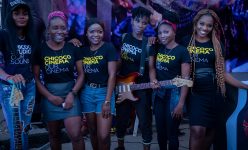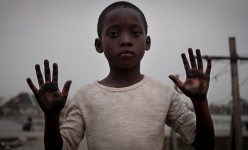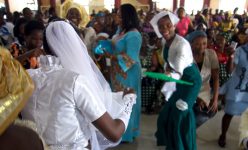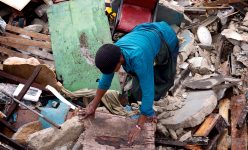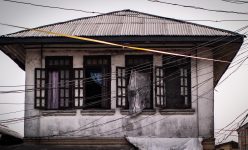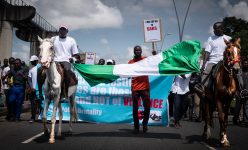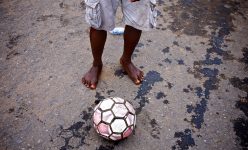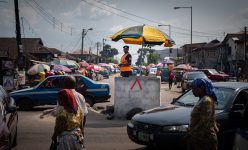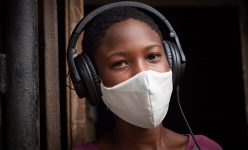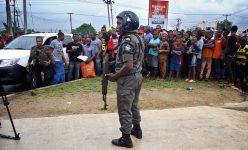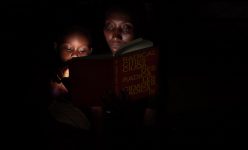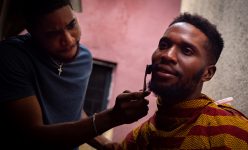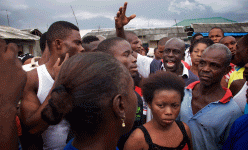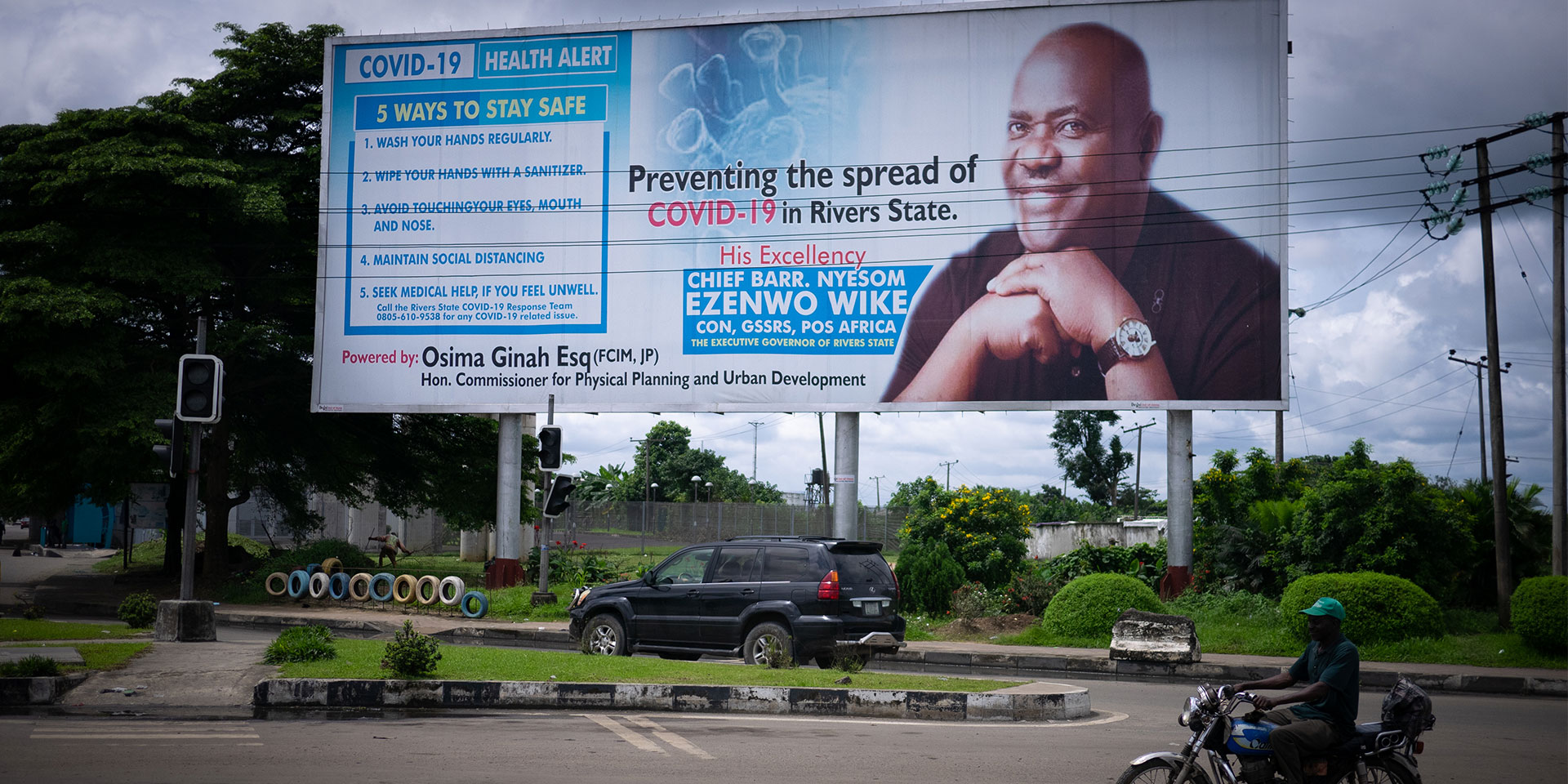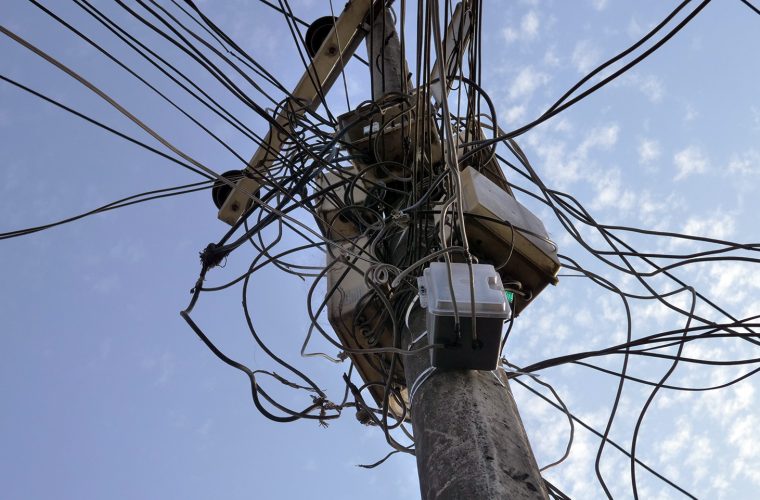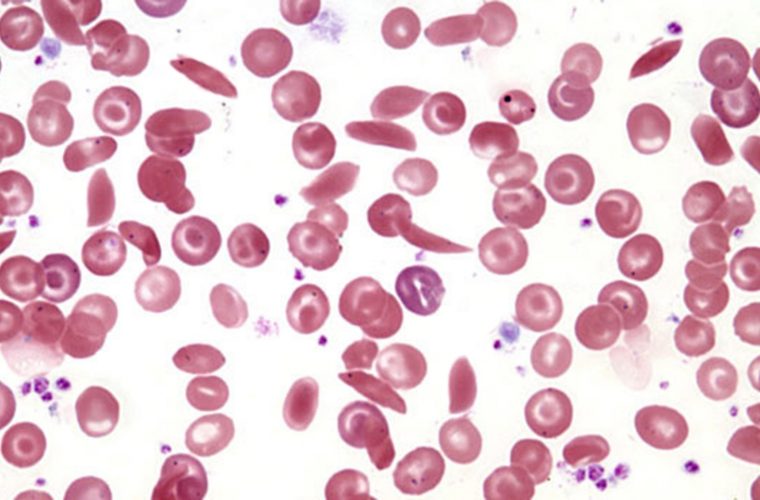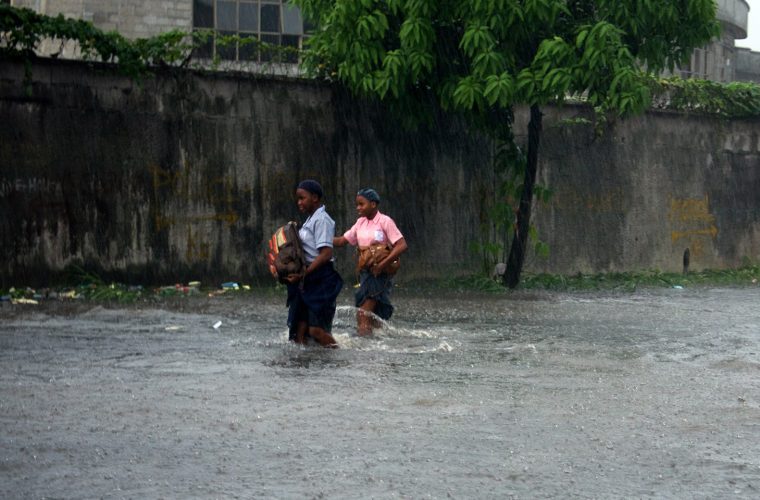Pandemic Timeline: May
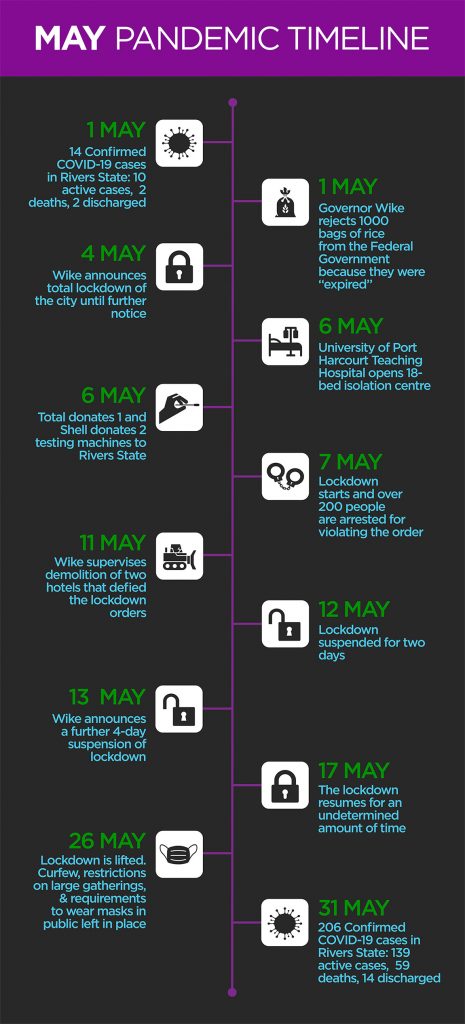
‘We know that our people are hungry, but hunger will not kill us.’
With this strange claim, Governor Wike began the month of May by rejecting 1,000 bags of rice donated by the federal government, claiming that the rice was ‘expired’ and lamenting that, in any case, it would have to be transported from the nearby state of Cross River. The governor also stated that the disbursement of palliatives by the federal government to states was selective and biased.
‘If you want to give us something, you bring it,’ he said. ‘We can’t go to Calabar.’
On the 4th May, Wike announced the total lockdown of the city until further notice. The lockdown banned all vehicular movements and gatherings of more than two people, except those providing essential services with appropriate authorisation. The criteria for exemptions remained unclear.
With only a two-day warning for a total shut down – which covered not only banks and fuel stations, but also all food shops and markets – residents who were able, flocked to markets to stock up, defeating any planned distancing gains the order was aimed at promoting. Many despaired at the inflated prices and left the markets worried about how they would be able to feed their families during the lockdown.
On 6th May, the University of Port Harcourt Teaching Hospital (UPTH) opened an 18-bed capacity isolation centre with support from the federal government for the testing and treatment of COVID-19 patients. The facility has three ventilators, dedicated only to COVID-19 patients, and seven others in intensive care units for other patients. The facility’s Chief Medical Director stated that testing and treatment are free for those with COVID-19 symptoms.
The same day, Shell and Total donated the state’s first PCR machines, used for COVID-19 molecular screening tests, to the Rivers State University Teaching Hospital and the COVID-19 Treatment Centre at Eleme.
On the first day of the total lockdown of Port Harcourt and Obio Akpor Governor Wike hit the streets with security personnel to arrest residents violating the order. Some news sources stated that over 200 people had been arrested and held at the Elekahia Stadium Isolation Centre, while over 20 vehicles had been impounded.
The governor said, ‘Some people don’t believe that coronavirus is in existence. Until you make them understand that we are serious, they will not believe it. We will auction the impounded vehicles.’
This first major lockdown may be a sign of wider restrictions to come and the focus on the criminalization of those not following these orders. Furthermore, if the focus is on COVID-19 preventions, it seems contradictory to send all of those arrested on the street to be held together in a crowded ‘isolation’ centre.
On May 11th, Wike supervised the demolition of two hotels that allegedly defied the lockdown orders. The hotels were razed with bulldozers and the managers arrested. The owner of one of the hotels, Prodest Home, claims they were not in operation at the time of the lockdown, and that the demolition was related to an earlier incident when they refused to pay a bribe to officials to allow them to remain open.
This was a major show of force from the governor, which some have claimed to be an abuse of power with no due process of law followed for carrying out demolition of the businesses.
On 12th May , Governor Wike announced a two-day lifting of the ‘extreme’ lockdown, to ‘enable residents have some fresh air and replenish their foodstuffs and medicines.’ All shops, supermarkets, malls, hospitals and banks were allowed to open and provide full services to the public. During this eased lockdown phase, roads and markets were jammed with people, who paid no regard to social distancing.
A day later, Wike extended the suspension a further four days, with an 8pm to 6am curfew. He stated that, while carrying out routine monitoring, he observed how difficult it has been for residents to access money from their banks to make purchases during the two-day window.
On May 17th, the city’s total lockdown resumed, for an undetermined amount of time, and wasn’t lifted again until 26th May. Although the lockdown was then eased, the curfew remained in place, and there were still restrictions on large public gatherings and requirements to wear masks in public. Any person found not wearing a mask in public could be arrested and any business found violating social distancing or facemask rules could be shut down.
Despite the lifting of the ‘extreme’ lockdown, the continued shutdown of most of the city’s markets, frequent task force harassment, and limited palliative or social support mean that many residents are still concerned about how they will be able to provide for their families.

